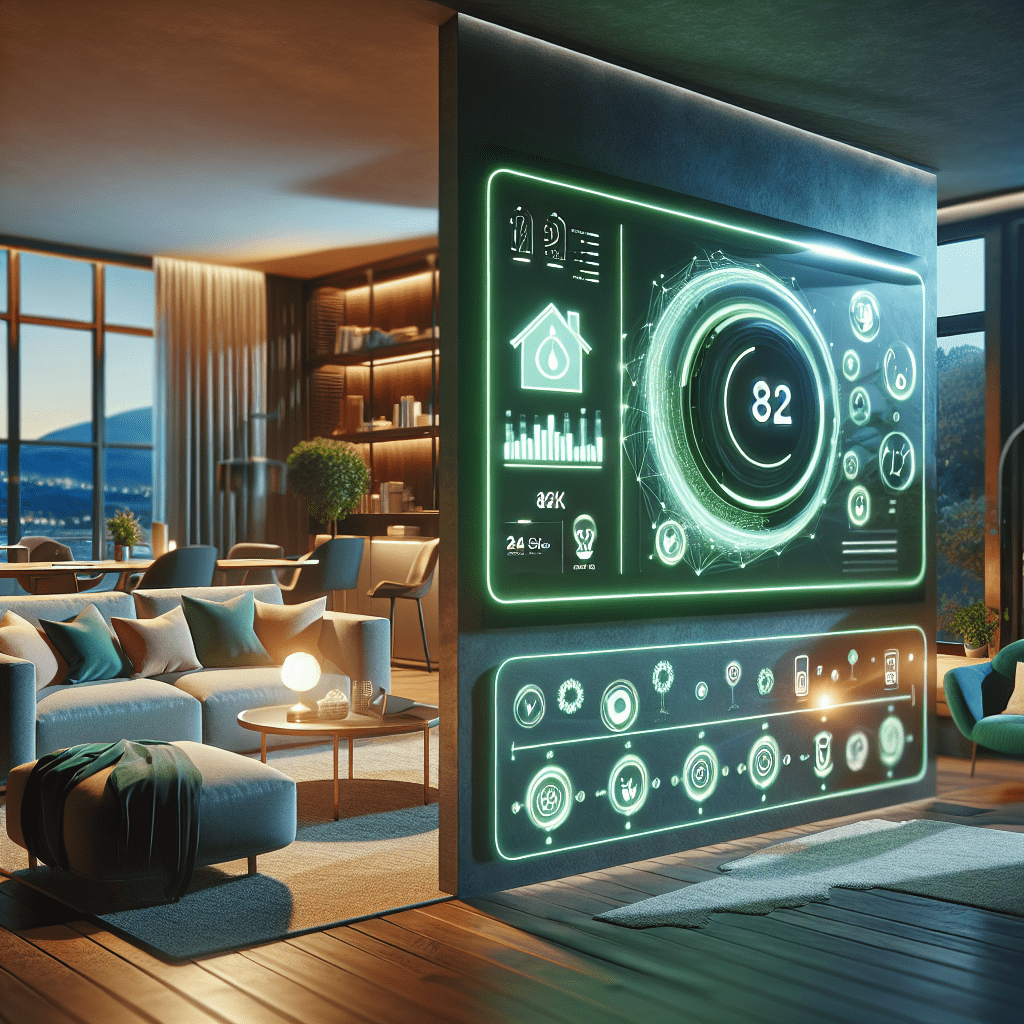Benefits of Upgrading to Smart Electrical Systems
In today’s rapidly advancing technological landscape, smart electrical systems offer a wide range of benefits for homeowners and businesses alike. These intelligent systems allow for greater control, efficiency, and convenience in managing your electrical usage. From saving energy and money to enhancing safety and security, upgrading to smart electrical systems can significantly improve your daily living experience.
Energy Efficiency
One of the primary benefits of smart electrical systems is their ability to optimize energy usage. By incorporating sensors, timers, and automation features, these systems can adjust lighting, heating, and cooling in real-time based on your habits and preferences. This not only reduces energy wastage but also lowers your utility bills in the long run.
Remote Monitoring and Control
Smart electrical systems enable you to monitor and control your home’s electrical devices remotely through a smartphone or tablet. Whether you want to turn off lights, adjust the thermostat, or check on security cameras, you can do so from anywhere with an internet connection. This convenience provides peace of mind and enhances the overall convenience of managing your home.
Improved Safety and Security
With features like motion sensors, smoke detectors, and door/window sensors, smart electrical systems enhance the safety and security of your home or business. You can receive instant alerts and notifications in case of emergencies or suspicious activities, allowing you to take immediate action and protect your property and loved ones.
Integration and Compatibility
Smart electrical systems are designed to be compatible with a wide range of devices and platforms, making it easy to integrate them into your existing setup. Whether you have smart bulbs, smart plugs, or smart appliances, these systems can communicate with each other seamlessly, creating a unified and connected ecosystem that enhances your overall user experience.
Increased Convenience and Comfort
By automating repetitive tasks and creating personalized schedules, smart electrical systems can enhance your daily routine and improve your overall comfort. Whether it’s adjusting the temperature before you arrive home, setting mood lighting for a movie night, or turning off appliances when not in use, these systems make your life easier and more enjoyable.
Conclusion
Upgrading to smart electrical systems offers a wide range of benefits, including energy efficiency, remote monitoring and control, improved safety and security, integration and compatibility, and increased convenience and comfort. Whether you’re looking to save money on utility bills, enhance the safety of your property, or simplify your daily routine, investing in smart electrical systems can greatly improve your living experience.
FAQs
Q: Are smart electrical systems expensive to install?
A: While the initial cost of installing smart electrical systems may be higher than traditional systems, the long-term savings in energy bills and maintenance costs often outweigh the upfront investment.
Q: Can I install smart electrical systems in an older home?
A: Yes, smart electrical systems can be installed in older homes with the help of a professional electrician. However, additional wiring and infrastructure upgrades may be required to ensure compatibility with existing electrical systems.
Q: Are smart electrical systems secure from hacking or cyber threats?
A: Smart electrical systems use advanced security protocols and encryption methods to protect user data and prevent unauthorized access. It’s important to follow best practices in setting up passwords and network security to ensure the safety of your smart devices.
TIP: Before upgrading to smart electrical systems, research different brands and products to find the best fit for your needs and budget. Consider consulting with a professional electrician to assess your current setup and determine the most efficient and cost-effective solutions for your home or business.
#Benefits #Upgrading #Smart #Electrical #Systems

